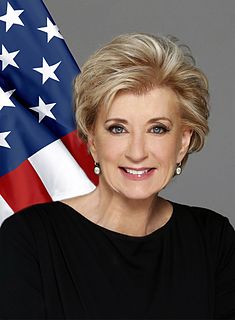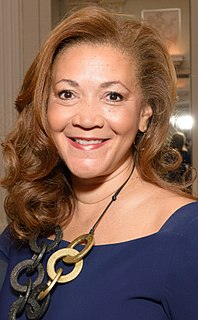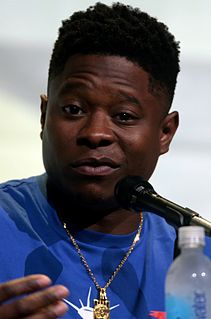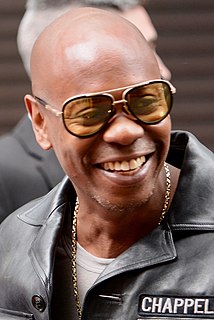A Quote by Stanley A. McChrystal
In an organization that is unwilling to change, find the opportunity to talk and interact with people - figure out why they don't want to change. It could be habits. It could be people's personal equities and reputations are defined by the role they're in or the process they've mastered.
Related Quotes
If you want the best things to happen in corporate life you have to find ways to be hospitable to the unusual person. You don't get innovation as a democratic process. You almost get it as an anti-democratic process. Certainly you get it as an antithetical process, so you have to have an environment where the body of people are really amenable to change and can deal with the conflicts that arise out of change an innovation.
People thought it was asinine for me to change my swing after I won the Masters by 12 shots. ... Why would you want to change that? Well, I thought I could become better. If I play my best, I'm pretty tough to beat. I'd like to play my best more frequently, and that's the whole idea. That's why you make changes. I thought I could become more consistent.
Change is difficult and it takes time. It is hard for people to change their own behavior, much less that of others. Change programs normally address attitudes, ideas, and rewards. But the behaviors of people in organizations are also strongly shaped by habits, routines, and social norms. Real change requires new power relationships, new work routines and new habits, not just intent.
It is always the young that make the change. You don't get these ideas when you're middle-aged. Young people have daring, creativity, imagination and personal computers. Above all, what you have as young people that's vitally needed to make social change, is impatience. You want it to happen now. There have to be enough people that say, ‘We want it now, in our lifetime.’ This is your moment. This is your opportunity. Be adventurists in the sense of being bold and daring. Be opportunists and seize this opportunity, this moment in history, to go out and save our country. It's your turn now.
Insomnia is a very prevalent issue. It's a women's health issue, and I chose to talk about it because so many people have experienced it to varying degrees. For me, I'm doing great now, but it took a lot of work to figure out how to get back to sleep. I had to change some of my habits. I developed some pretty bad sleep ritual habits.
I have full faith in people. I think that we have the ability to change. We're habitual creatures. Once we figure out that bad habit and identify it, whether it's behavioral or whatever it may be, we change our habits. Obviously, I'm simplifying it and making it sound very easy to do, and we all know it's very difficult, but it's doable.
World War II vets in general didn't talk about their experiences. They believed there was something better and that they were going to prove to America what they could be and show America what it could be by being the change that they wanted. Like that Ghandi phrase "be the change that you want to see" but I think that it was also just a different culture. People didn't want to complain, whereas today if you go to the Starbucks and they mess up your order you might tweet about it. You know it's a different kind of culture.
Most of the people around me have a vested interest in how much money I make. You know, so a celebrity could find themselves in a position where people could have meetings about their life without them involved. And when I say 'their life' I mean not their professional life either. They could talk about their personal life.
Most of the people around me have a vested interest in how much money I make. You know, so a celebrity could find themselves in a position where people could have meetings about their life without them involved. And when I say "their life" I mean not their professional life either. They could talk about their personal life.



































